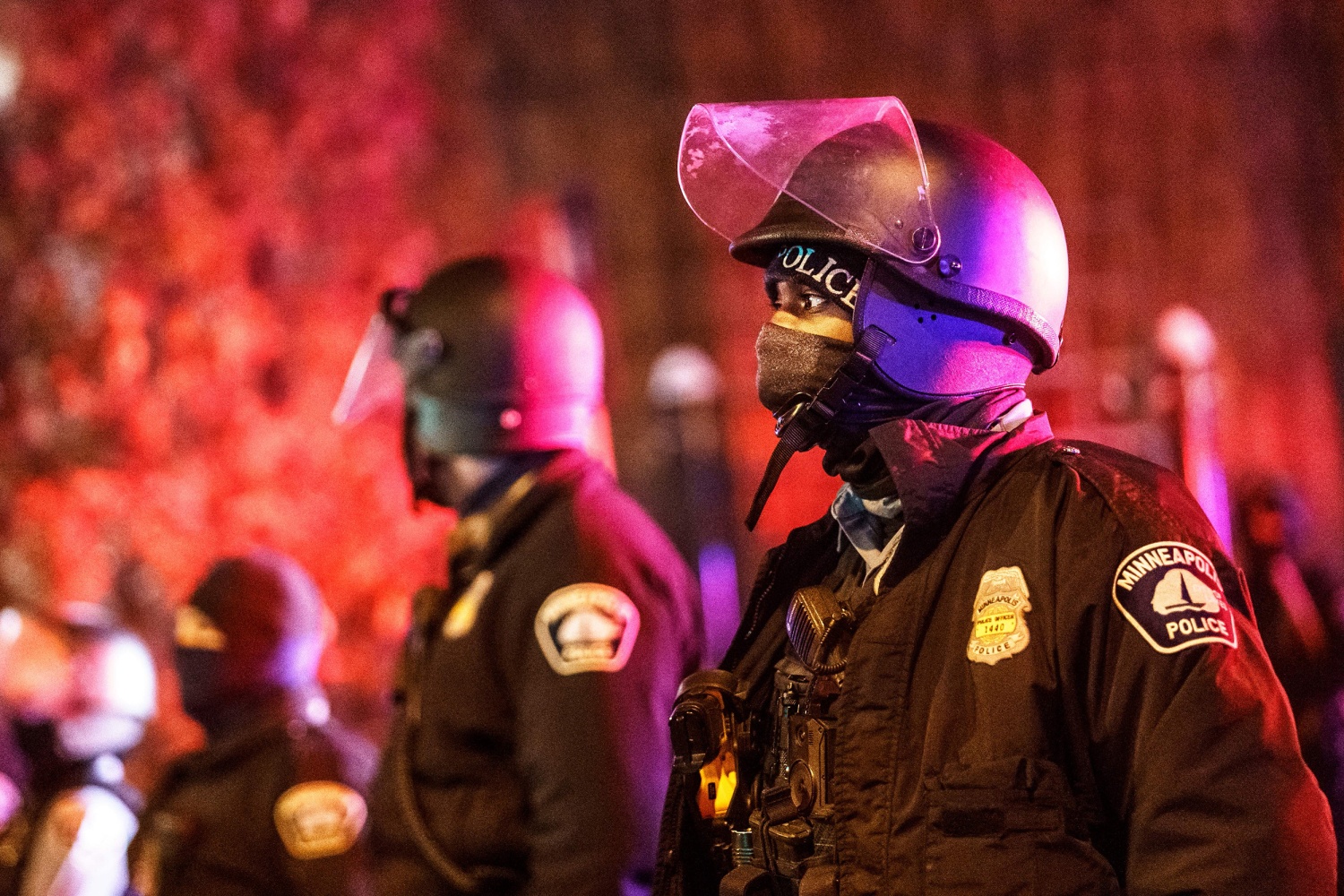
I grew up nearby, so the ability to give back to my community in a more meaningful way is something that is important to me. I would love the opportunity to have a larger impact on how we function and delegate resources. First, having worked in this department for several years, I have a tremendous amount of pride in how it operates. You can also include some information about your personal motivations and long-term career goals in law enforcement.Įxample: “I want to become sergeant for a few reasons. In your answer, focus on why you're interested in the specific responsibilities of being sergeant. The hiring board uses this question to learn more about your motives for wanting advancement. Below are few example questions you may come across during your interview, along with sample answers: Why do you want to become a police sergeant? The interview may include questions about your experiences so far as an officer, along with hypothetical moral questions to learn more about your character and decision-making skills. List of possible interview questions for police sergeant with example answersĭuring a police sergeant interview, the hiring board looks for candidates who are ready to take on more of a leadership role within the department. If the hiring board decides to hire someone else, seek feedback on the areas you can improve for the next time a position opens. The hiring board then considers your record as an officer, years of experience, formal education, reputation with colleagues and your different areas of expertise within the department. Once you have sufficient experience and a sergeant position opens, you can apply for the job. Some specialty posts include working with the K-9 unit or as a training officer. Doing so gives you wider experience, which is helpful when applying to become a sergeant. During this time, it's a good idea to explore specialty posts within the department. To become a police sergeant, most departments require five to ten years of experience as a police officer. Your ability to gain a position depends primarily on your grades, training record, aptitude tests, job availability and interview performance. Upon graduating from a police academy, you can then apply for jobs as a police officer.

Police academy training also includes physical training, where attendees must meet certain physical thresholds to graduate. Other topics include first aid, self-defense and basic computer training.


#Police sergeant email signature examples how to
You learn about local laws and procedures, how to conduct criminal investigations and how to use firearms safely.

Regardless of your department's entrance standards, you need to complete training at a police academy.Īt a policy academy, you learn how to work as a police officer. Some departments require a bachelor's or associate's degree, while others require only a high school diploma. The requirements for becoming a police officer vary depending on where you live. Become a police officerĪll police sergeants work as police officers before earning a promotion to sergeant. During the bachelor's degree program, expect to take classes related to criminal law, law enforcement, the American court system and crime causation theories. You can get your bachelor's degree before applying to the police academy or attend school part-time while working as an officer. Even if your police department doesn't require a formal degree, getting a bachelor's can help you expand your knowledge and identify yourself as a top candidate for leadership roles. Most hiring boards require you to have a bachelor's degree in criminal justice to qualify for police sergeant positions. Follow the steps below if you wish to become a police sergeant. Acting as a liaison between officers and police leadership Steps to becoming a police sergeantīecoming a police sergeant typically has a straightforward path where you gain experience and qualifications to help you lead others.


 0 kommentar(er)
0 kommentar(er)
